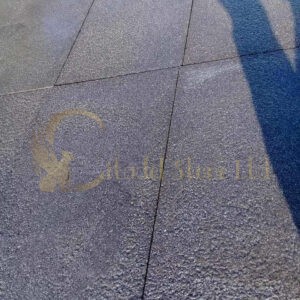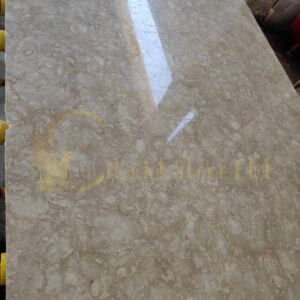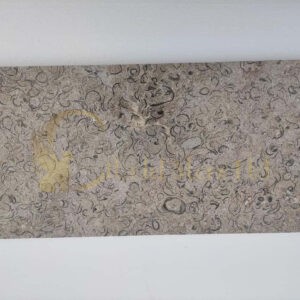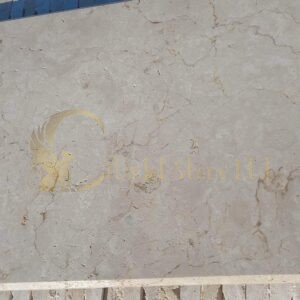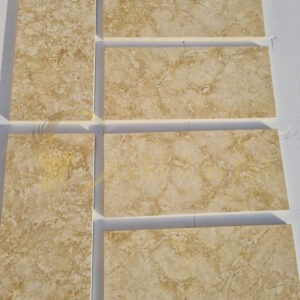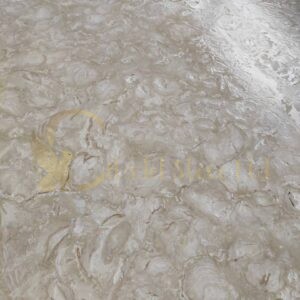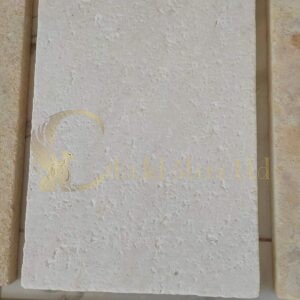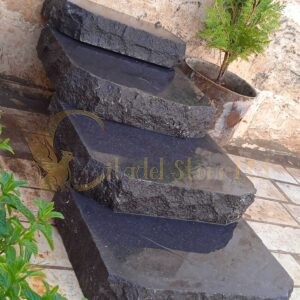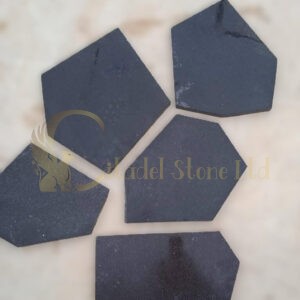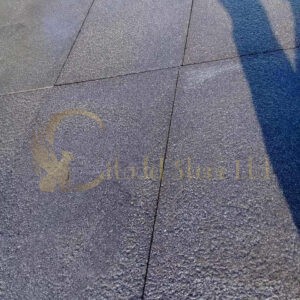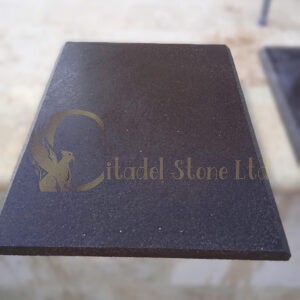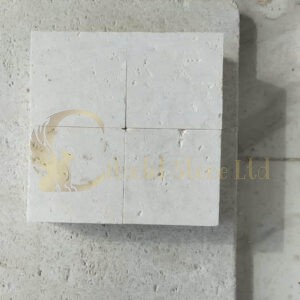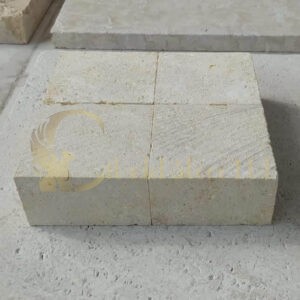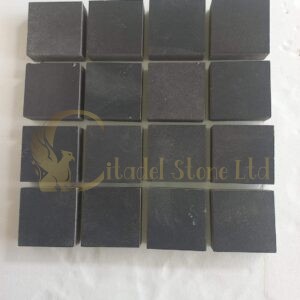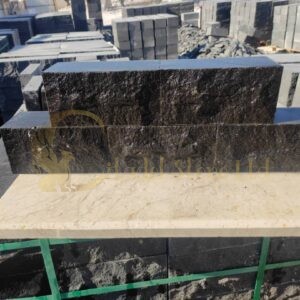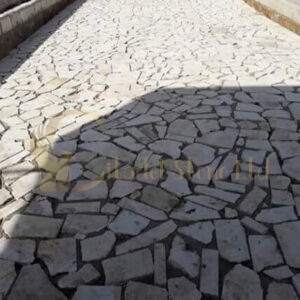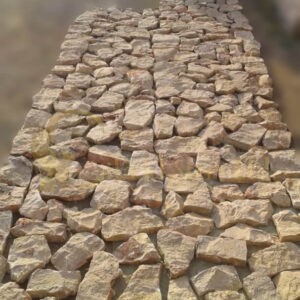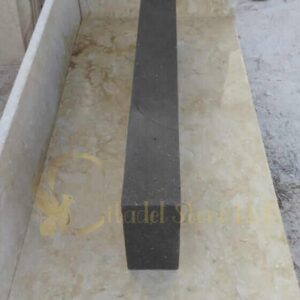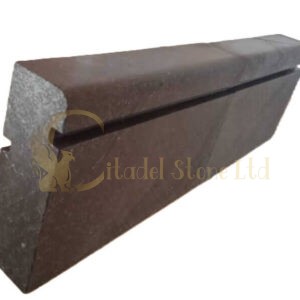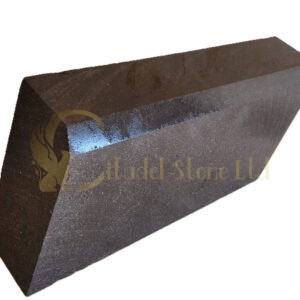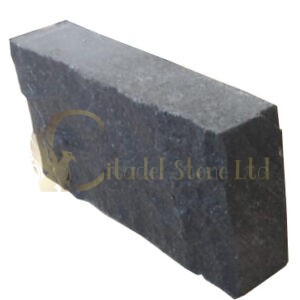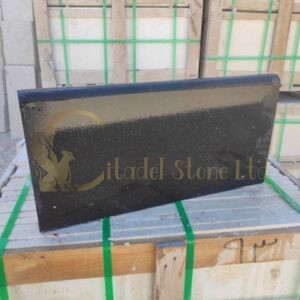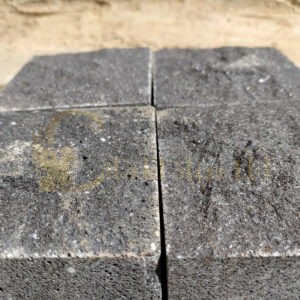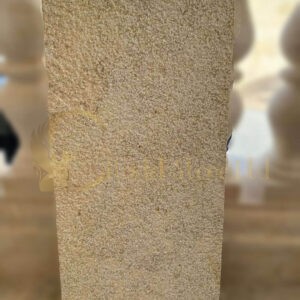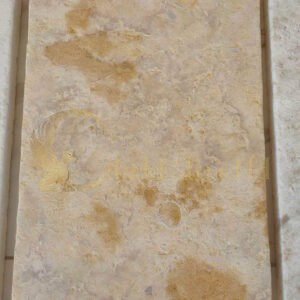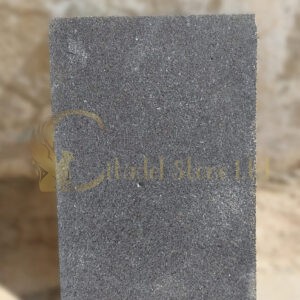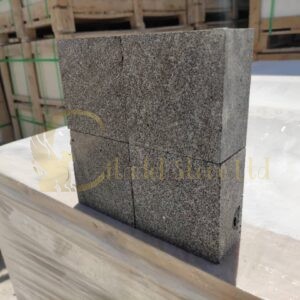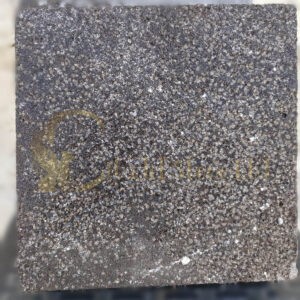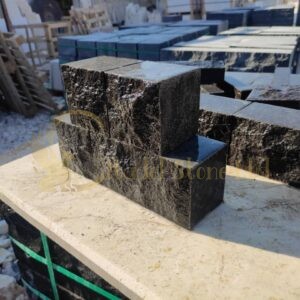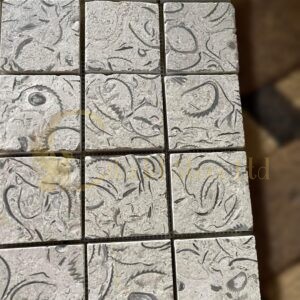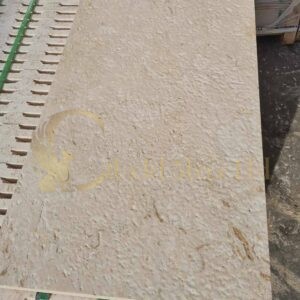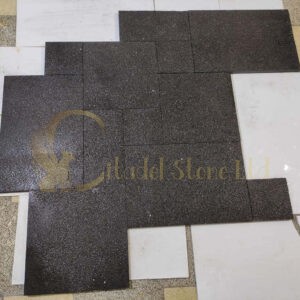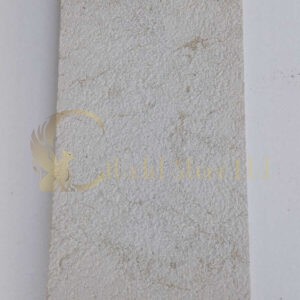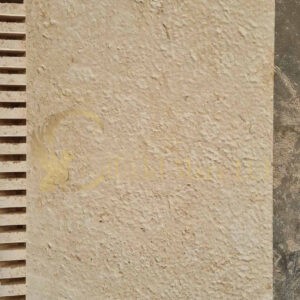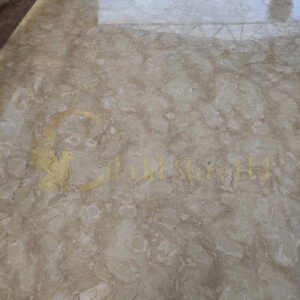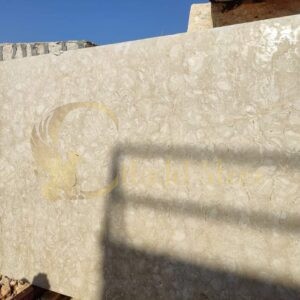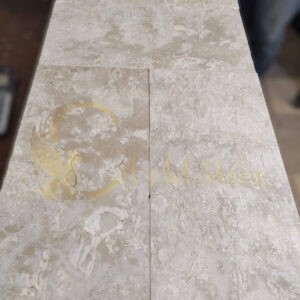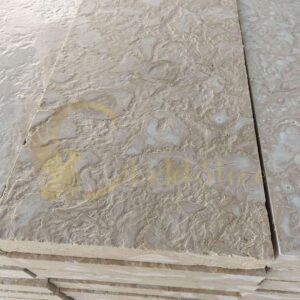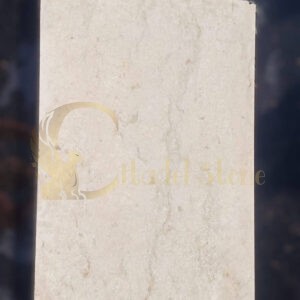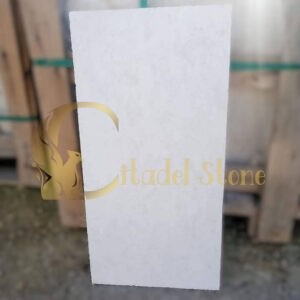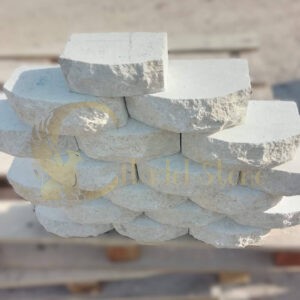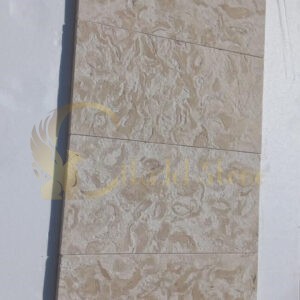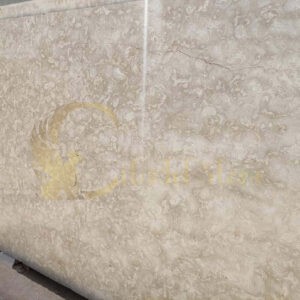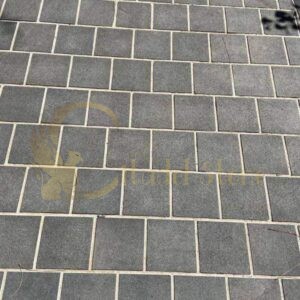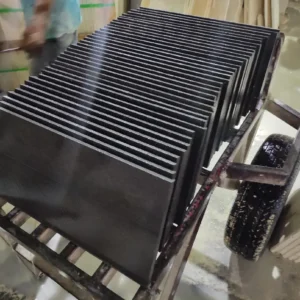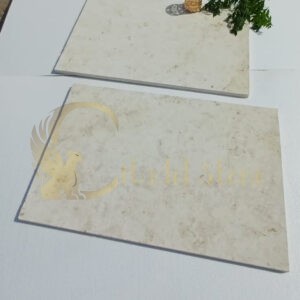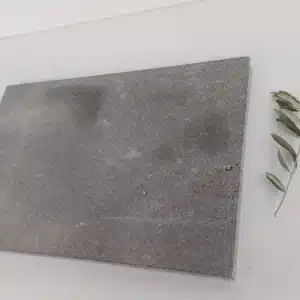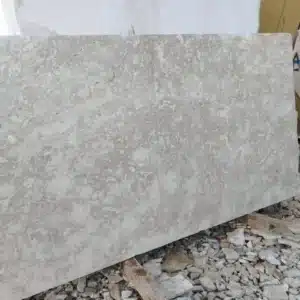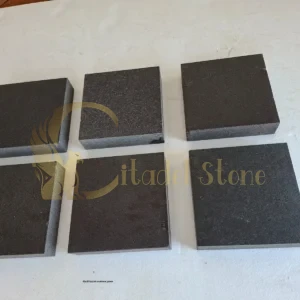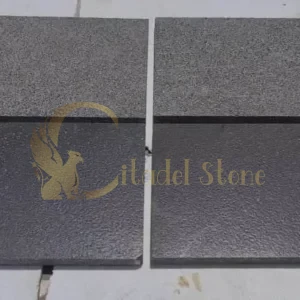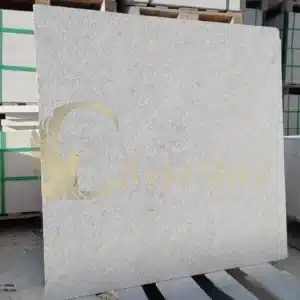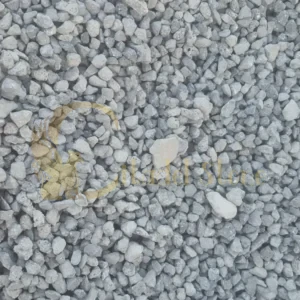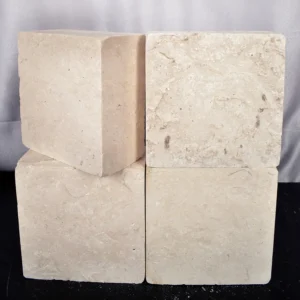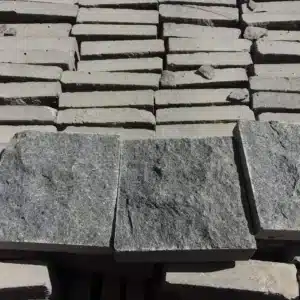Why Outdoor Stone Tiles Are Ideal for Bahamian Homes
When considering materials for outdoor spaces in the Bahamas, it’s essential to choose those that can handle the unique challenges of a tropical environment. Timeless natural stone tiles for heritage homes stand out as a superior option for several reasons:

1. Weather-resistant Outdoor Stone Tiles Bahamas
The Bahamas’ climate is characterized by hot temperatures, heavy rainfall, and coastal salt exposure. These conditions can easily degrade less durable materials like wood or synthetic tiles. Stunning natural stone for outdoor living spaces, however, is highly resistant to the elements. Stones like resilient granite for rugged outdoor use, travertine, Syrian Stylish basalt for art-inspired garden spaces, weatherproof limestone surfaces, and slate are known for their ability to withstand rain, wind, saltwater, and UV exposure without cracking, warping, or fading.
For homeowners in coastal areas, outdoor stone tiles offer peace of mind, as they won’t deteriorate when exposed to salty air or high humidity levels. This makes them a particularly suitable option for pool decks and beachfront properties.
2. Durability and Longevity

Natural stone is one of the most durable building materials available. Outdoor stone tiles can last for decades, even with minimal maintenance. Authentic Stone Pavers Bahamas like sophisticated granite for artistic sculptures, high-density limestone tiles for robust flooring, affordable black basalt for innovative retaining solutions, and travertine are especially known for their strength. This makes them ideal for high-traffic areas like patios, walkways, and driveways. With proper installation and care, these tiles can withstand the test of time, providing a long-term solution for your outdoor spaces.
3. Aesthetic Appeal
Beyond functionality, outdoor stone tiles bring a natural beauty that complements the island’s beautifully integrated landscape of the Bahamas. The range of colors, patterns, and textures available ensures that there’s a perfect stone for every design preference. Whether you’re aiming for a sleek, modern look or a rustic, earthy vibe, stone tiles can help you achieve your desired aesthetic.
Homeowners in the Bahamas often favor neutral tones like beige, gray, and soft brown, as these colors blend seamlessly with the surrounding greenery, ocean views, and natural sunlight. Affordable stone tiles for budget-friendly renovations offer a timeless beauty that enhances outdoor spaces, creating a harmonious connection between your home and nature.
4. Heat Resistance

In hot climates like the Bahamas, outdoor surfaces can become uncomfortably warm. Fortunately, natural stone tiles, particularly travertine, versatile basalt slabs for indoor and outdoor transitions, and stylish white limestone tiles for elegant outdoor areas, remain cooler underfoot compared to other materials like concrete or artificial tiles. This makes them ideal for poolside areas, patios, and outdoor seating spaces, ensuring comfort even during the hottest days.
5. Slip-resistant stone tiles for Nassau outdoor spaces
Safety is a critical consideration when selecting materials for outdoor areas, particularly around pools, patios, and other wet environments. Many natural stones, such as travertine, versatile black pavers, non-slip yellow limestone tiles for poolside safety, reliable white limestone tiles for weather-resistant surfaces, and sandstone, have naturally textured surfaces that provide slip resistance, reducing the risk of accidents. For added safety, some homeowners choose to opt for honed or tumbled finishes, which further enhance grip without sacrificing style.
6. Environmentally Friendly
Natural stone tiles are an eco-friendly choice, as they are sourced directly from the earth with minimal processing. Unlike manufactured materials, stone doesn’t release harmful chemicals or pollutants, making it a sustainable option for eco-conscious homeowners. Additionally, natural stone is fully recyclable, allowing for reuse in future construction projects.
Types of Outdoor Stone Tiles Suitable for the Bahamian Climate
Selecting the right type of stone for your outdoor project is essential to ensure that it not only enhances the aesthetic of your space but also withstands the harsh environmental conditions of the Bahamas. Below are some of the most popular types of outdoor stone tiles for Bahamian homes and businesses:
1. Travertine

Travertine is a top choice for outdoor spaces in the Bahamas, thanks to its porous nature and natural ability to remain cool underfoot. Its textured surface provides excellent slip resistance, making it ideal for pool decks, patios, and walkways. Travertine comes in various earthy tones like beige, cream, and gray, which complement tropical environments beautifully.
Another advantage of travertine is its resistance to saltwater, making it a preferred material for properties near the beach or those with saltwater pools. Regular sealing can enhance its durability, ensuring it lasts for many years in the Bahamian climate.
2. Limestone

Affordable limestone tiles for functional flooring offer a more understated, natural appearance with their soft, neutral colors and slightly porous texture. It’s an excellent option for creating a classic, relaxed look in outdoor areas like patios, garden paths, and courtyards. Neutral-tone limestone floor tiles for versatile design are less dense than authentic granite for natural aesthetics but still offer a high level of durability, especially when properly sealed and maintained.
While it may require more regular sealing to prevent moisture absorption, artistic limestone outdoor pavers for creative floor layouts’ aesthetic appeal makes it worth the effort. Its light color palette also helps keep surfaces cooler, making it perfect for outdoor living spaces in sunny climates.
3. Durable granite for reliable outdoor features

For builders, and homeowners seeking a highly durable and low-maintenance material, affordable granite for value-driven projects is an excellent choice. It is one of the hardest natural stones, capable of withstanding heavy traffic and extreme weather conditions without showing signs of wear. Affordable granite tiles New Providence are often used in areas like driveways, outdoor kitchens, and steps because of their toughness and ability to resist scratching, staining, and chipping.
Granite’s wide range of colors—from light gray to deep black—allows for flexibility in design, ensuring that it can match any outdoor aesthetic. Its polished finish gives outdoor spaces a sophisticated, high-end look while still being practical.
4. Sandstone
Sandstone is another popular choice for outdoor applications, offering a unique combination of durability and natural beauty. Its slip-resistant surface and warm, earthy tones make it ideal for pool surrounds, garden walkways, and patio areas. Sandstone tiles have a naturally textured finish, adding grip even when wet.
While sandstone is durable, it is more porous than granite or travertine, meaning it will require more frequent sealing, especially in areas exposed to moisture. With proper maintenance, however, sandstone can last for decades while maintaining its stunning appearance.
5. Slate
If you’re looking for something with a more dramatic and bold aesthetic, slate is an excellent option. Its deep, rich colors, ranging from dark grays to greens and purples, provide a striking contrast to the lighter tones typically found in tropical environments. Slate’s natural cleft surface adds texture and dimension to outdoor spaces, making it a popular choice for patios and courtyards.
Slate is also highly resistant to temperature fluctuations and moisture, making it suitable for the Bahamian climate. However, like other natural stones, regular sealing is necessary to protect it from water penetration and ensure its longevity.
Installation Tips for Outdoor Stone Tiles Bahamas
Proper installation of outdoor stone tiles is crucial to ensure their longevity and performance in the Bahamian climate. Here are some essential tips to keep in mind for your high-performance stone pavers for commercial use Bahamas that are provided by reputable innovative stone slab suppliers of custom pool coping designs:
1. Hire a Professional Installer
While DIY installations can be tempting, particularly for smaller projects, it’s advisable to hire a professional for large outdoor areas or more complex installations. Professional installers have the experience and tools necessary to ensure that the tiles are properly leveled, sealed, and secured, reducing the risk of future issues like cracking or shifting. A reputable stone slab supplier for luxury residential stone needs may help find an installer as well.
2. Use the Right Grout and Sealant
Outdoor stone tiles in humid, salty climates like the Bahamas require the right grout and sealant to prevent moisture absorption, mold growth, and salt damage. Epoxy grout is an excellent choice for outdoor applications, as it’s resistant to water and stains. Additionally, applying a high-quality, breathable sealant will protect the stone from the elements without trapping moisture inside.
For pool decks or areas exposed to heavy rain, it’s essential to reseal the tiles every 1 to 2 years to maintain their resistance to moisture and saltwater. Regular sealing also helps to preserve the natural beauty of the stone, preventing discoloration and wear. trusted Paver Stone Suppliers always advise following this diligently to avoid any issues with your modern outdoor paving project.
3. Prepare the Surface Properly
Before installing stone tiles, it’s critical to prepare the surface to ensure proper drainage and stability. A solid base of compacted gravel and sand will prevent water from pooling under the tiles and reduce the risk of shifting or sinking over time. In areas with high rainfall or frequent water exposure, adding a waterproof membrane beneath the tiles can further protect the installation from water damage. Your certified paver stone supplier can assist with delivering the best practices.
4. Plan for Expansion Joints
Outdoor stone tiles are subject to expansion and contraction due to temperature changes. Reliable hardscape stone suppliers have advised that to prevent cracking or buckling, it’s important to include expansion joints in the installation. These joints allow the tiles to move slightly without causing damage, ensuring a long-lasting and stable surface.
Maintaining Outdoor Stone Tiles Bahamas
Maintaining outdoor stone tiles is relatively simple, but it’s essential to stay consistent with care to ensure the tiles look great and perform well over time. Here are some maintenance tips from some reliable suppliers for modern backyard paving solutions for outdoor stone tiles in the Bahamian climate:
1. Regular Cleaning
Regular sweeping and hosing down your outdoor stone tiles can help prevent dirt, debris, and salt buildup. For deeper cleaning, use a pH-neutral cleaner specifically designed for natural stone to avoid damaging the tiles or sealant. Avoid using harsh chemicals or acidic cleaners, as they can etch or dull the surface of the stone.
2. Resealing
As mentioned earlier, resealing your stone tiles every 1 to 2 years is essential for protecting them from moisture, salt, and staining. This is especially important for porous stones like travertine, limestone, and sandstone, which can absorb water if left unsealed. Regular resealing also helps to maintain the tile’s natural color and finish. Your innovative hardscape stone supplier may able to inspect this and reseal it as well
3. Prevent Stains
While stone tiles are generally resistant to stains, it’s a good idea to clean up spills as soon as they occur, particularly in outdoor kitchens or dining areas. Food, beverages, and oils can penetrate unsealed stone, leading to stains that are difficult to remove. Using a sealant with stain-resistant properties can help mitigate this issue.
4. Watch for Cracks or Shifting
Over time, outdoor stone tiles may shift or develop small cracks due to settling, weather changes, or heavy use. It’s essential to address these issues promptly to prevent them from worsening. If you notice any cracks, it’s best to consult a professional to assess whether repairs or replacements are necessary.
Outdoor Stone Tile Design Ideas for Bahamian Homes
Outdoor stone tiles offer endless design possibilities for transforming your outdoor spaces. Here are some creative ideas provided by trusted stone wholesalers nearby to inspire your next project:
- Pool Decks: Use travertine or limestone tiles around your pool area for a natural, non-slip surface that stays cool underfoot. Consider arranging the tiles in a classic herringbone or basketweave pattern for added visual interest.
- Garden Walkways: Create a meandering path through your garden with sandstone or slate tiles. Their natural texture and warm hues will blend seamlessly with your landscape, adding charm and functionality to your outdoor space.
- Patios: For a sophisticated, modern look, opt for large-format granite or travertine tiles on your patio. Pair them with contrasting border tiles or a different material, such as wood or gravel, to create a unique, multi-textured design.
- Driveways: Granite pavers are an excellent choice for driveways, offering durability and elegance. Choose dark-colored granite for a bold, sleek appearance that enhances your home’s curb appeal.
- Outdoor Kitchens: Granite tiles are perfect for outdoor kitchen countertops and flooring, as they can withstand high temperatures and heavy use. Use polished granite for a smooth, easy-to-clean surface that adds a touch of luxury to your outdoor cooking area.
Why Choose Citadel Stone for Your Outdoor Stone Tiles in the Bahamas?
At Citadel Stone: limestone tiles for enduring beauty, we understand the importance of selecting the right materials for your outdoor spaces in the Bahamas. With years of experience serving architects, builders, homeowners, and businesses across the islands, we are committed to providing high-quality natural stone tiles such as smooth shellstone tiles for barefoot-friendly surfaces, elegant basalt for heritage-inspired landscaping, and vibrant white limestone tiles for light-filled spaces that are both beautiful and durable.
Here’s why you should choose Citadel Stone for your outdoor stone tile needs:
- Extensive Selection: We offer a wide range of natural stone tiles, including travertine, heat-reflective limestone for energy-efficient designs, versatile granite for outdoor kitchens, sandstone, and slate, all sourced from the best quarries around the world.
- Competitive Pricing: We believe that quality doesn’t have to come at a premium. Our beautiful pavers Bahamas prices are competitive, ensuring you get the best value for your investment.
- Expert Advice: Our team of stone experts is here to guide you through the selection process, helping you choose the perfect tiles for your project. We also provide advice on installation and maintenance to ensure your tiles last for years to come.
- Reliable Delivery: We offer fast and reliable delivery to all areas of the Bahamas, ensuring that your project stays on schedule.
Best Outdoor Stone Tiles for Bahamas
Transform your outdoor spaces with the beauty and durability of natural stone tiles. Whether you’re designing a new patio, renovating your pool deck, or creating a garden path, Citadel Stone has the perfect tiles to bring your vision to life.
[contact-form jetpackCRM=’1′][contact-field label=’Name’ type=’name’ required=’1′ requiredtext='(required)’/][contact-field label=’Email’ type=’email’ required=’1′ requiredtext='(required)’/][contact-field label=’Website’ type=’url’ requiredtext='(required)’/][contact-field label=’Message’ type=’textarea’ requiredtext='(required)’/][/contact-form]

